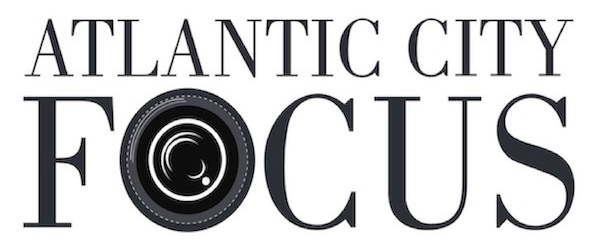Department of Education Admits FAFSA Error, Cites Miscalculations and Delays in Financial Aid
The Department of Education identified a miscalculation issue affecting several hundred thousand financial aid forms, resulting in a setback that requires reprocessing these records by the Department. This causes further delays in students receiving their financial aid offers.

Paying for college is one of the most significant financial responsibilities for many young adults. Amidst growing concerns about the cost of higher education in America, the Department of Education recently unveiled a much-needed update to the Free Application for Federal Student Aid (FAFSA). However, despite efforts to enhance accessibility, the changes may have inadvertently extended the application process.
Sign Up for Atlantic City Focus Weekend Guide
Your Key to Winning the Weekend in AC and Beyond!
No spam. Unsubscribe anytime.
Recently, the Department of Education identified a FAFSA error linked to a FAFSA miscalculation issue affecting more than several hundred thousand financial aid forms, resulting in incorrect financial need information being sent to colleges and universities. This setback requires reprocessing these records by the Department, causing further delays in students receiving their financial aid offers. If you find yourself in a situation where you see FAFSA "you have encountered an error", be aware that the Department is working to address these problems. With the last update to the form dating back to the 1980s, these recent changes mark a significant overhaul prompted by Congress in 2019 and 2020. While the intention was to simplify and streamline the process, students reported difficulties accessing the forms until early January 2024.
Implications for New Jersey Colleges and FAFSA Form Issues
In New Jersey, the introduction of the new FAFSA form is a significant change for students and colleges. Approximately 8,802 new Pell Grant recipients and an additional 30,453 recipients will receive the maximum Pell Grant with the new version of the application. These changes represent the most ambitious redesign of the federal student aid application process since the introduction of the Common Financial Aid Form during the Reagan era. Nationally, the Department of Education estimates that 1.5 million more students could qualify for the maximum Pell Grant as well.
The timing of these funds plays a crucial role in the Federal Student Aid process. Delays in accessing the FAFSA forms have reduced the time available for students to complete them, resulting in delayed receipt of financial aid offers by colleges. To address this, some New Jersey colleges, including Rutgers, Montclair State, Kean, and Georgian Court universities, have extended their commitment deadlines to June 1, 2024 - an additional month - to accommodate students affected by the delays.
Streamlining Financial Aid Application Process
U.S. Secretary of Education, Miguel Cardona, emphasized the importance of simplifying the financial aid application process in a recent statement.
“When students and families fill out the better FAFSA form, they will find that applying for college financial aid is simpler, easier, and faster than ever before,” said Cardona.
The new form aims to modernize an outdated system and improve access for underserved students, representing a significant step forward in federal financial aid reform.
“FAFSA miscalculations and any related FAFSA form issues can be frustrating, but these bold changes will ultimately put affordable higher education within reach of more Americans, including 610,000 students from low-income families who will become eligible for Pell Grants for the very first time,” Cardona said. As we begin looking ahead, the better FAFSA redesign promises to extend Pell Grants to more students by linking eligibility to family size and the federal poverty level. Although these changes have been met with obstacles, this can represent a critical step towards improving college accessibility for students nationwide. While challenges persist, the commitment to simplifying the financial aid process and expanding access to federal student aid is commendable.
(This story was produced as part of the Center for Cooperative Media at Montclair State University's South Jersey Information Equity Project fellowship and supported with funding from the Independence Public Media Foundation, the Geraldine R. Dodge Foundation, and the NJ Civic Information Consortium.)
Thanks for reading the whole story!
At Atlantic City Focus, we're committed to providing a platform where the diverse voices of our community can be heard, respected, and celebrated. As an independent online news platform, we rely on a unique mix of affordable advertising and the support of readers like you to continue delivering quality, community journalism that matters. Please support the businesses and organizations that support us by clicking on their ads. And by donating today, you become a catalyst for change helping to amplify the authentic voices that might otherwise go unheard. And every contribution is greatly appreciated. Join us in making a difference—one uplifting story at a time!





